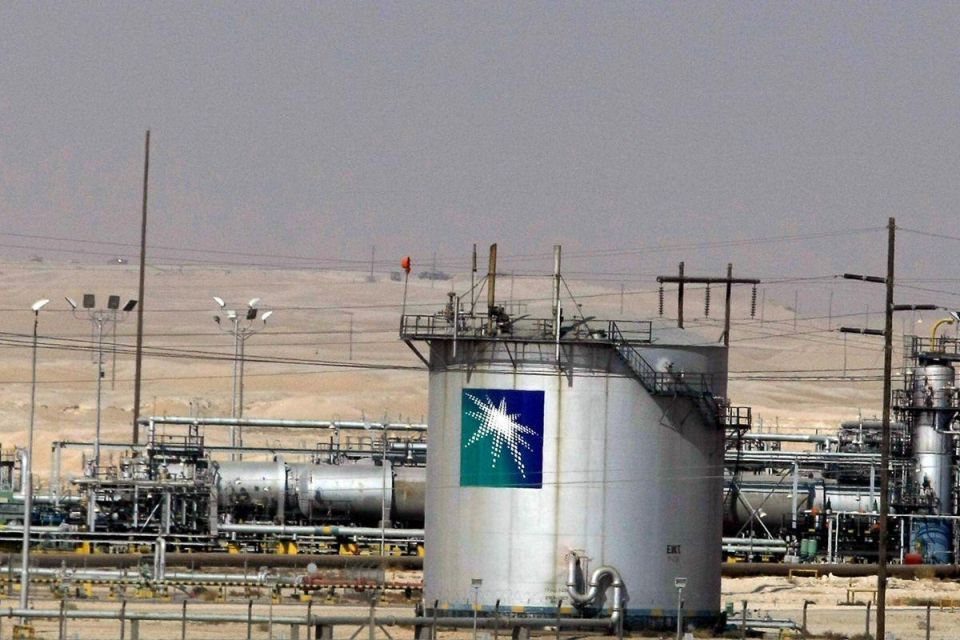Saudi Aramco CEO Foresees Prolonged Oil Demand Growth Amidst Shipping Disruptions
(Reuters) — Global oil demand will not peak for some time, so policy makers need to ensure sufficient investment in oil and gas to meet consumption and abandon the fantasy of phasing out fossil fuels, Saudi Aramco CEO Amin Nasser said on Monday.
The head of the world's largest energy company urged a re-set of global energy transition plans in remarks to oil and gas executives at the CERAWeek conference in Houston.
Oil demand will reach a new record of 104 million barrels per day (bpd) in 2024, Nasser said. Despite growing investment, alternative energy has yet to displace hydrocarbons at scale, Nasser said.
"All this strengthens the view that peak oil and gas is unlikely for some time to come, let alone 2030," he said.
"We should abandon the fantasy of phasing out oil and gas, and instead invest in them adequately, reflecting realistic demand assumptions, as long as essential," he added, in remarks that drew applause from the audience.
Rising demand from developing economies could feed oil demand growth through 2045, he said.
This forecast for long-term demand growth was in line with forecasts from the Organization of the Petroleum Exporting Countries and in contrast to the 2030 forecast for peak demand from the West's energy watchdog, the International Energy Agency (IEA). Saudi Arabia is OPEC's de-facto leader, and the United States is the biggest contributor to the IEA.
"Well, that is one opinion," said U.S. Secretary of State Jennifer Granholm of Nasser's comments on the transition in an interview later with Reuters.
"There have been other studies that suggest the opposite that oil and gas demand and fossil demand will peak by 2030."
OPEC and the IEA are far apart on both short-term and long-term demand forecasts, in part because of their contrasting views on the energy transition.
Reducing greenhouse gas emissions from hydrocarbons through carbon capture and other technologies achieves better results than alternative energies, Nasser said.
New energy sources and technologies should only be introduced when they are genuinely ready, and economically competitive, he added.
Shipping disruption in the Red Sea due to attacks by Yemen's Houthi group had "made a tight situation tighter" in shipping markets, he said.
The Iran-aligned group has been attacking ships in the Red Sea and Gulf of Aden since November in what they say is a campaign of solidarity with Palestinians during Israel's war with Hamas in Gaza.
Oil is taking 2-3 weeks longer to reach its destination as vessels are rerouted to avoid the area, he added.
The shipping issues had little impact on Saudi Aramco, he said, in part because of its East West pipeline. That pipeline allows Aramco to load ships north of the area that the Houthis have attacked.
Europe has become a bigger market for Aramco because of the Red Sea shipping issues, he said.
Nasser reiterated that Aramco has 3 million bpd of spare capacity to meet any unexpected disruptions in global supply.
Related News
Related News

- Kinder Morgan Proposes 290-Mile Gas Pipeline Expansion Spanning Three States
- Valero Plans to Shut California Refinery, Takes $1.1 Billion Hit
- Three Killed, Two Injured in Accident at LNG Construction Site in Texas
- Boardwalk’s Texas Gas Launches Open Season for 2 Bcf/d Marcellus-to-Louisiana Pipeline Expansion
- Tallgrass to Build New Permian-to-Rockies Pipeline, Targets 2028 Startup with 2.4 Bcf Capacity
- New Alternatives for Noise Reduction in Gas Pipelines
- EIG’s MidOcean Energy Acquires 20% Stake in Peru LNG, Including 254-Mile Pipeline
- Construction Begins on Ghana's $12 Billion Petroleum Hub, But Not Without Doubts
- DOE Considers Cutting Over $1.2 Billion in Carbon Capture Project Funding
- Valero Plans to Shut California Refinery, Takes $1.1 Billion Hit





Comments